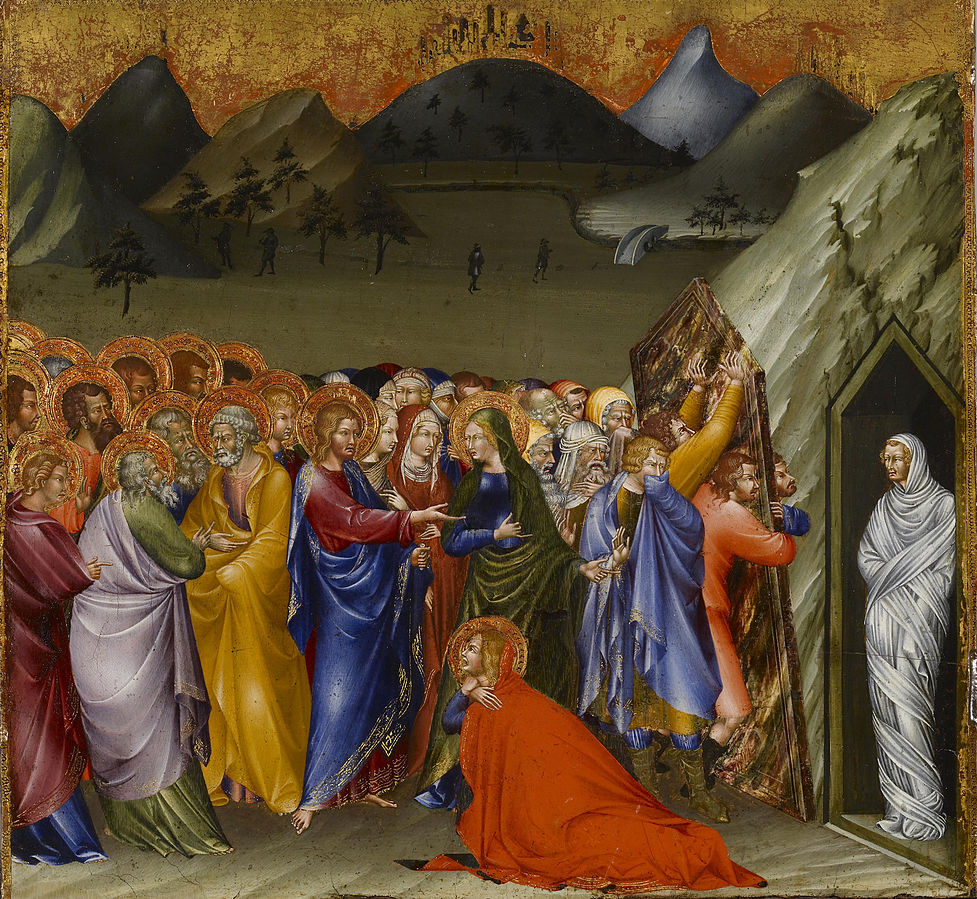
Part 1: Evidence for Messiahship
In the last post we noted the fact that Jesus is the Christ—the Messiah, the Anointed One—and that John’s Gospel narrates a series of miracles through which Jesus provides evidence of his Messiahship. I’d like to extend those thoughts in a couple of ways.
First, John’s use of the word signs for these miracles is precise. The Greeks had three words for miraculous events: “miracle” (or more literally “powerful thing”), which emphasized the power of the miracle worker; “wonder,” which emphasized the effect of the miracle on those who saw it; and “sign,” which emphasized the meaning or significance of the miraculous act. So the three synonyms addressed the three elements of the miraculous event: the one who did it, the act itself, and those who saw it happen.
John chooses to use the word that highlights what the miracles meant; as we noted last time, they demonstrate Jesus’ lordship over matter, time, space, physical and divine law, disease, and even death, and by implication, the evil forces. Anyone who directs the actions and effects of these things must be the recipient of an unprecedented anointing from God.
Second, John reinforces the meaning of these actions by including in the narrative account a record of Jesus’ teaching following the miracle.
- After changing the water to wine, bringing life and joy by his creative authority, Jesus teaches about spiritual life and joy in his interaction with Nicodemus (“ye must be born again”) and with the Samaritan woman (“living water”).
- After healing the nobleman’s son and the paralytic at the Pool of Bethesda, he proclaims that one day all will “honor the Son, even as they honor the Father” (Jn 5.23), and that the Son has “life in himself” (Jn 5.26).
- After feeding the 5000 and walking on the water, Jesus presents himself as “the bread of life; he that cometh to me shall never hunger; and he that believeth on me shall never thirst” (Jn 6.35). Here he builds on the earlier teaching of being born unto undying life and drinking water that slakes thirst forever. Later he claims repeatedly that he is “not of this world,” climaxing a series of exchanges with the words, “Before Abraham was, I am” (Jn 8.58). This is someone for whom walking on water should not really be surprising.
- While healing the man born blind, Jesus proclaims, “I am the light of the world” (Jn 9.5)—and later, “I am the door,” opening, in effect, the entrance to what the light reveals.
- After Jesus raises Lazarus from the dead, John recounts Mary’s anointing of Jesus’ feet, signifying that Jesus himself is the sacrifice that empowers all of his followers to overcome death through resurrection. Later Christ speaks of himself as a grain of wheat that brings life by being planted underground (Jn 12.24)—and then, “the way, the truth, and the life” (Jn 14.6) by whom his people will receive life eternal, and “the vine” (Jn 15.1), the source of ongoing life to all who trust in him.
So the meaning of the signs is amply reinforced. There’s no doubt about who this person is.
And yet, remarkably, he is opposed at every turn by people who really ought to know better.
- After he heals the paralytic, “the Jews sought to kill Him” (Jn 5:18).
- After the bread of life discourse, many disciples stopped following Him (Jn 6:66) and again “the Jews sought to kill Him” (Jn 7:1); he was accused of “having a demon” (Jn 7:20). The Pharisees accused Him of lying and having a demon (Jn 8:13, 48, 52); the religious leaders tried to arrest Him (Jn 7:30, 32, 44) and to stone Him (Jn 8:59).
- After he healed the blind man, he was accused of having a demon (Jn 10:20), and they tried again to stone him (Jn 10.31) and to arrest him (Jn 10:39).
- And after he raised Lazarus from the dead, they finally hatched the plan that led to His execution (Jn 11:48ff).
Will you believe, or not?
In the end, it’s really not about evidence, or the lack thereof.
It’s about whether or not you want to.
Artwork: The Resurrection of Lazarus by Giovanni di Paolo (1403-1482), from the Walters Art Museum





